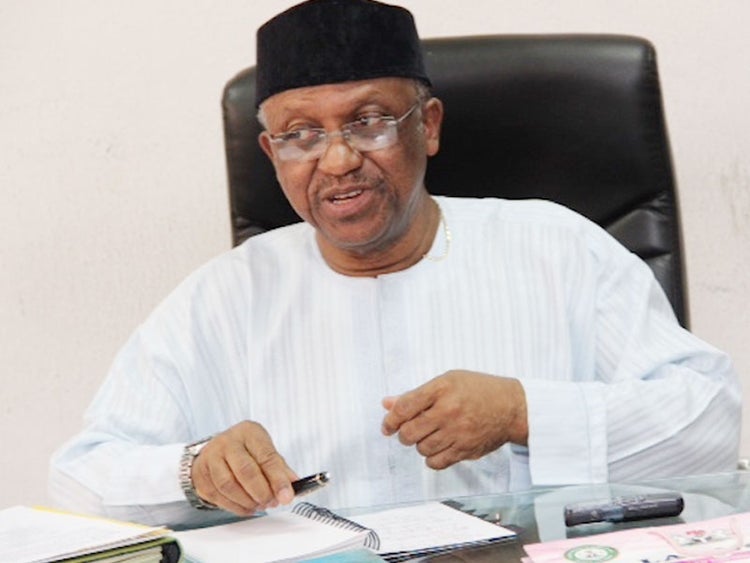The Federal Ministry of Health has called for multi-disciplinary and multi-sectoral actions and initiatives from all levels of governance, and individuals to mitigate human and planetary health threats in Nigeria.
The minister, Dr Osagie Ehanire, made the call during the commemoration of the World Health Day organized by the ministry in collaboration with the World Health Organisation (WHO), Nigeria office in Abuja.
Dismissed policeman arrested for extortion in Lagos
New Edo police commissioner, Yaro, assumes office
The theme of this year’s commemoration is ‘Our Planet, Our Health’.
He said the current impact of various environmental crises such as climate change, avoidable pollution, food and water-borne diseases, emerging and re-emerging infectious diseases, and extreme weather events on the planet’s health and every individual are increasingly difficult to ignore.
Ehanire said the environmental crises have led to worsening non-communicable diseases, infectious diseases, poor air quality, food and water shortages, and deteriorating mental health illness.
Quoting the American Medical Association, he said scientific surveys have shown clear evidence that patients are facing adverse health effects associated with climate change.
He said, “From heat-related injuries and forest fires air pollution to worsening seasonal allergies and storm-related illness and injuries, it is important that we make every effort to put environmentally friendly practices in place to lessen the harmful impact that climate change is having on patient health across the globe.”
While noting that approximately 80 per cent of climate change affects children, he said it also impacts access to healthcare delivery services and disrupts primary health care infrastructure, involving healthcare utilities, ambulatory care services and communication systems, which are all critical to maintaining emergency medical treatment services.
The minister said the government would bring together experts, policymakers, stakeholders, and development partners to set up a committee to discuss the central scientific issues on improving and benefiting from a healthy planet and respect for the integrity of the living creature.
The WHO Deputy Representative in Nigeria, Dr Alex Chimbaru, said during the past two decades, most public health events have been climate-related, whether they were vector- or water-borne, transmitted from animals to humans, or the result of natural disasters.
He said with Africa’s population projected to grow to 2.5 billion by 2050, we can expect burgeoning urbanization into areas exposed to natural hazards, and a concomitant increase in associated injuries, diseases and deaths.
He urged member states to urgently initiate adaptation and mitigation actions.
He said governments, civil society, non-governmental organizations and communities need to work together, empowering one another to ensure the continued delivery of essential health services during future extreme events, while containing the growing incidence of environment- and lifestyle-related diseases.
“We cannot afford to lose sight of the fundamental truth that the climate crisis, the single biggest threat facing humanity today, is also very much a health crisis,” he said.

 Join Daily Trust WhatsApp Community For Quick Access To News and Happenings Around You.
Join Daily Trust WhatsApp Community For Quick Access To News and Happenings Around You.


